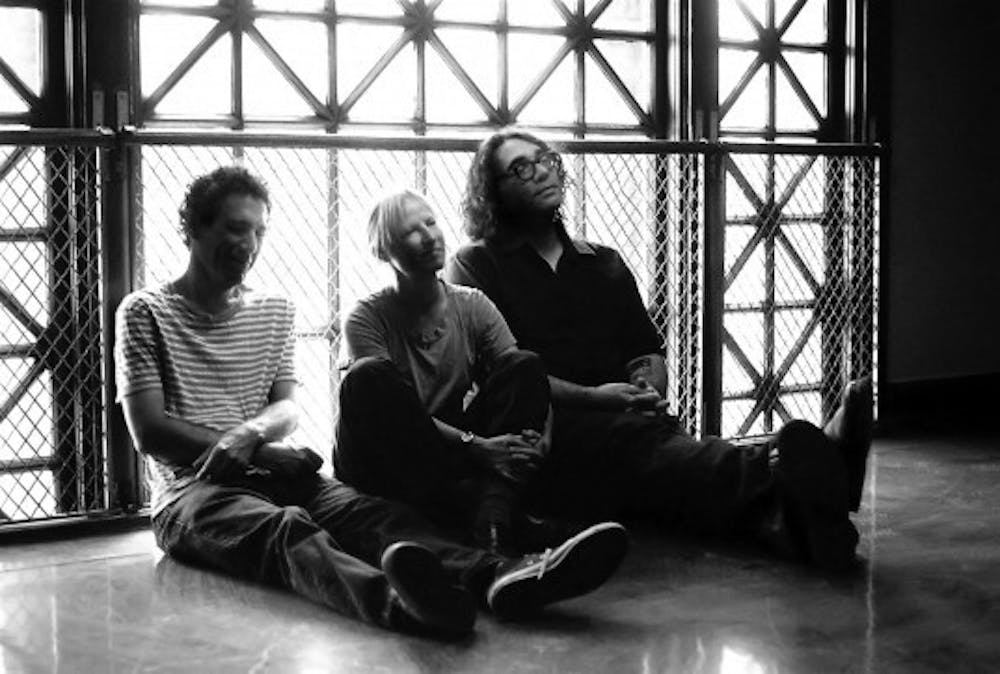You’ve probably heard of Yo La Tengo. From the early ‘90s to the mid-2000s, the band’s name, if brought up by one of your Bohemian musicophile acquaintances, was always followed by the hackneyed hipster-ism “You’ve probably never heard of them.” You probably truly haven’t heard, however, that during the height of the band’s career, Yo La Tengo’s blend of noise-rock, lo-fi production, sensitively structured songs and occasional forays into whimsical pop repeatedly earned it the moniker of “quintessential critics band.”
Nevertheless, the band’s performance at the Jefferson Theatre and the release of its January album Fade have given audiences the sense that the band’s heyday has passed and it has ceded its position in the sideshow spotlight that is the “Indie scene” to hipper and more hipster acts. Though Yo La Tengo’s music still retains many moving artistic qualities that fans originally praised, Fade has little of the energy that usually characterizes the band. Instead, it focuses on coping with its age in a time when people have moved on to electro-pop and indie-folk.
The first set of the concert had a similar feel. Carrying acoustic instruments the band walked onto a stage backed by wooden cutout trees. This confirmed my dread that the show would have none of the rawness the fans and critics anticipated.
Because of the inherent quietness of the acoustic set, everyone remained silent for fear of attracting the death-stares of the many devoted purists whose every ounce of attention seemed to be fixated on the stage. The first set came to a drooping end, but, suddenly, to the excitement of the hall, lead singer Ira Kaplan quietly commented “We’re gonna take a break, move some shrubbery around and then rock, rock, rock.”
After the break, the cutout trees were pulled aside to reveal a drum kit and two monstrous amps. The band proceeded to power through their old standards, dredging up classics such as “Sugarcube” and performing them as loudly as we could have hoped.
The second set reminded the auditorium that performing long interludes of abstract feedback noise by doing ungodly acts to absurdly distorted guitars was, in the nineties, a “thing.” During the first of these freakouts most people showed no exterior signs of pain. But by the third, fourth, fifth round, those same fans began to grimace, plug their ears and eventually began leaving the auditorium. The clear divide between those who departed and those who stayed to enjoy this catharsis of pure dissonance made me question what about today’s underground scene made this raw display of emotion so unbearable?
After I did a quick Google search of “What the hell are Hipsters listening to these days?” I was able to take stock of this sad situation. Everyone is afraid of rough edges, of imperfections. With a growing (and paradoxical) mainstream interest in “indie” music, all the elements that were so emotionally accessible for angst ridden Generation X-ers are quickly becoming unacceptable.
In Fade, Yo La Tengo cashes in on today’s Pitchforkian interest in music as a way of thinking and critiquing, but leaves fans desiring more music for “feeling.” In concert, however, the band does not disappoint, evoking, for those “open-eared” individuals still standing on the floor, memories of an era where musicians weren’t afraid to make some noise.







